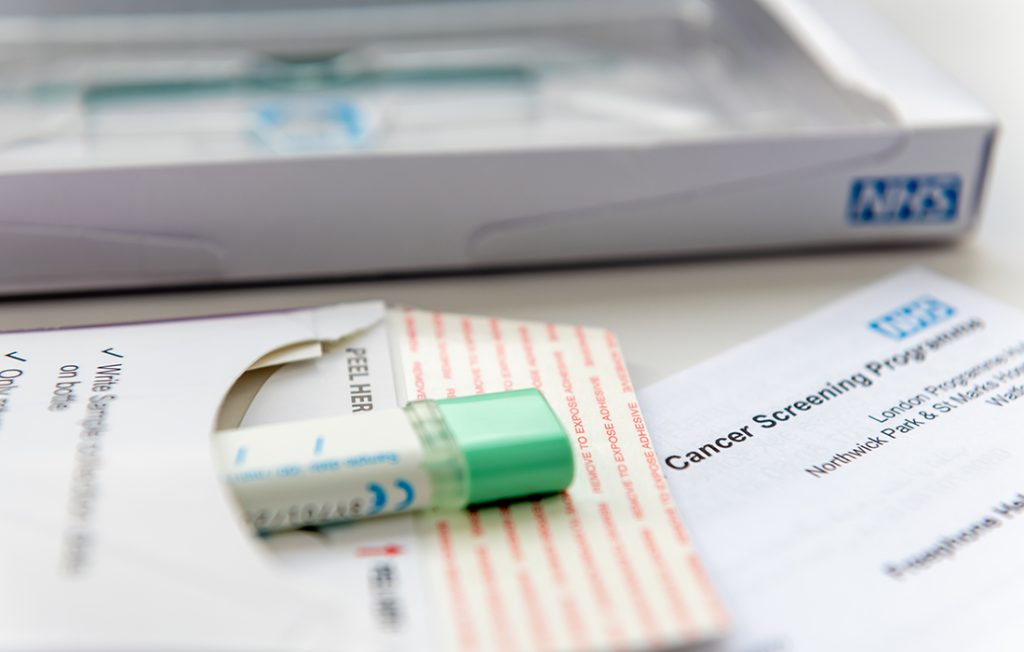Dr Philippa Kaye: Please Do Bother Your Doctor!

Dr Philippa Kaye lists the health issues you should never ignore, and why it’s so important to see your GP if you have any of the following symptoms…
Joanne had been putting off coming to the doctor for a good while. Up until the pandemic she’d regularly come for her flu jab and a check-up after she was diagnosed with diabetes a few years ago.
During and after the pandemic she was worried about burdening the NHS as well as getting Covid herself so when she started feeling more tired than usual she thought she would wait.
Time went on and Joanne said she didn’t really notice much else apart from the fact that she would get full quite quickly and her clothes were getting looser than usual despite the fact she wasn’t dieting.
She then developed pain in her pelvis but was now getting worried, which made her even more reluctant to come than before. She contacted us when the pain was becoming unmanageable with over the counter painkillers. Unfortunately Joanne was then diagnosed with late stage ovarian cancer.
Joanne is not alone; lots of people put off going to see the doctor for all kinds of reasons, including being worried about what the cause of your symptoms could be. Patients are also often concerned about being a burden on a stretched NHS, or about accessing their GP.
Cancer concern? Don’t wait says Dr Philippa Kaye
The NHS is open, your GP surgery is open, and we want to see you. For many conditions time is a factor, in particular for cancer: the earlier a cancer is diagnosed, the more likely that it will be at an earlier stage and less likely that it will have spread. In general, this means it is likely to be easier to treat and that you will make a good recovery.
Act fast for stroke or heart attack
Time can be even more pressing with a stroke or heart attack. Particular treatments may need to be given within a few hours of symptoms developing. So if you’re concerned that you may be having a heart attack or stroke, please call 999.
Symptoms and screenings you should never ignore
So, what are the signs you should never ignore? This list isn’t comprehensive, nor does it mean if you have one symptom that you have cancer. It simply means you have a symptom which needs to be assessed. If you’re concerned about something else not on the list, then please see your doctor.
The first thing to not ignore is your screening invitations.
Breast cancer screening starts at age 50. You’ll be invited for a mammogram every 3 years until the age of 69. You can keep having them every 3 years after 70 but you won’t automatically get an invitation so contact your unit.
Cervical screening begins at 25 and continues to age 64 or longer if there is an issue which needs following up.
Bowel cancer screening involves a home screening kit every 2 years from ages 60-74, but may start at 50 in your area. The Government pledged to bring down the starting age for bowel screening from 60 to 50, this started in 2021 and is due to be national by 2025.
Men are offered abdominal aortic aneurysm screening at age 65, and if you have diabetes you’ll be offered annual diabetic eye screening.
Blood in your poo, on wiping your bottom, in urine or on coughing also needs to be checked out. Bleeding in between periods, after sex or after menopause may be due to a sexually transmitted infection, a polyp or cancer.
A change to your bowel habit needs to be assessed. People may do a poo three times a week or three times a day, but if it changes for more than three weeks see your GP.
Three weeks is a useful cut-off point to seek help, eg for a cough or abdominal/pelvic pain. Also don’t ignore unintended weight loss or fatigue.
Finally, don’t put off seeing your GP about your mental health. If you notice a change in mood or other symptom do contact your GP.
You are the expert on your own body!
The key to knowing when something is abnormal for you, is a change, or needs to be checked out, is often knowing what is your normal. We are all unique; so are our bodies, and you are the expert on your body.
Everyone of all genders should check their breast/chest region and genitals. If you know what your breasts normally feel like, or what your normal menstrual cycle is like, you’re more likely to notice if something feels or looks different, or a new symptom occurs.
Remember though, this list is not complete. If unsure, get it checked!
Advice given in this article and on the My Weekly website and magazines is not meant to replace personalised medical advice from your doctor. If you have any health concerns please see your doctor.
Article written on March 9, 2023; article reviewed and updated on May 7, 2024.
Each week we’ll ask Dr Philippa Kaye to talk about a prominent health issue, so look out for more articles in our health and wellbeing section in coming weeks. Read her advice on Allergies, Parkinson’s Disease, Shingles, Ovarian Cancer, Endometriosis, Long Covid and Ticks and Lyme Disease.






